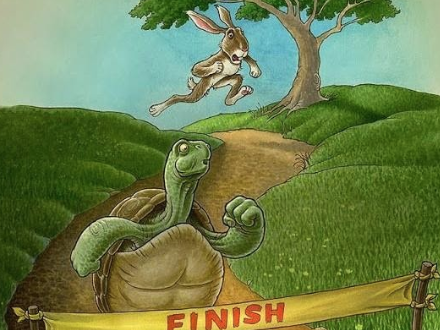Slow and steady will win the COVID-19 race
The industry is rushing to ‘do’ without thinking, just like toilet paper hoarders, Wavemaker’s Marco Del Castillo argues. Cut spend, map out all possible scenarios, create content, add another message, insert an offer, tell them we’re here for them. Look at how much we’re doing! Turns out the answer might be: Not that much at all.
Sprinters don’t win marathons. You know the ending of the story…
Yet, we still always want to rush, always moving fast, wanting to be the [insert media] first. How many agencies have “Agile” in their pillars? We’re all so unique.



Most sense I’ve read in weeks. Thanks, Marco. Keep the good stuff coming.
Bravo Marco. Spot on.